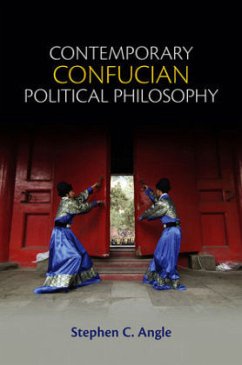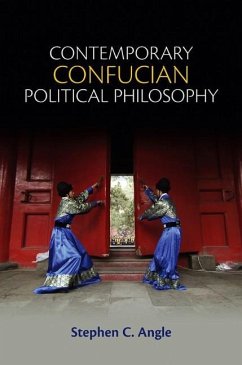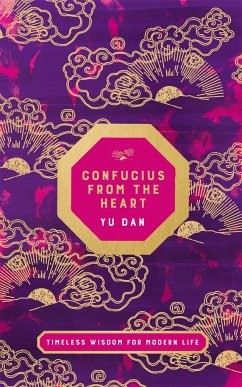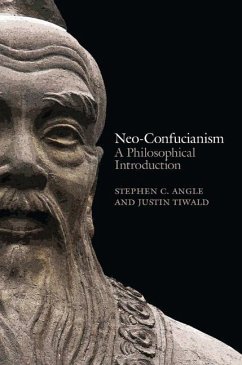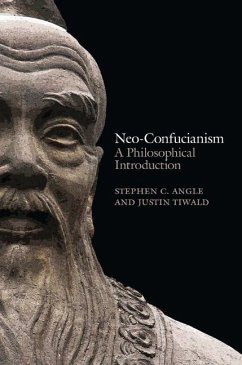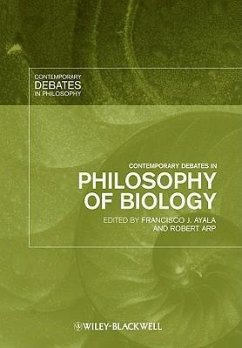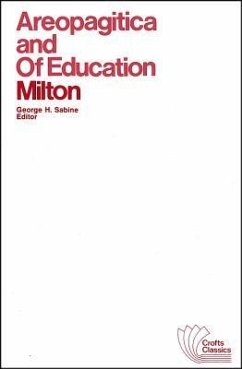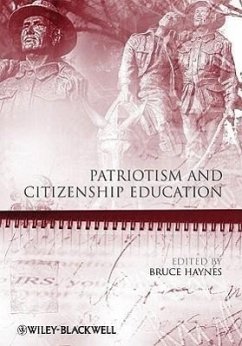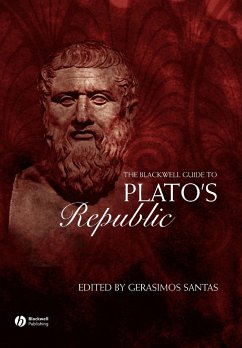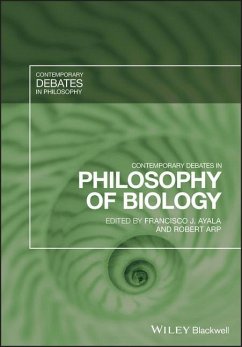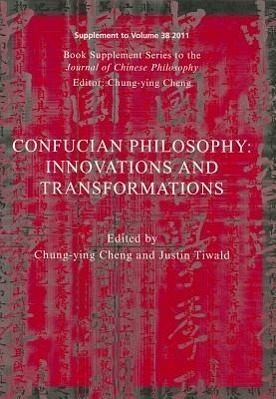
Confucian Philosophy
Innovations and Transformations
Versandkostenfrei!
Versandfertig in über 4 Wochen
36,99 €
inkl. MwSt.

PAYBACK Punkte
18 °P sammeln!
"In Chinese tradition Confucianism has been always both a philosophy of moral self-cultivation for the human individual and an ideological guide for political institutional policy and governmental action. After the May 4th Movement of 1919 (WusiYundong ), Confucianism lost much of its moral appeal and political authority and entered a kind of limbo, bearing blame for the backwardness and weakening of China. Now that China has asserted its political rights among world nations, it seems natural to ask whether Confucianism as a philosophy has a modern or even postmodern role to play for building ...
"In Chinese tradition Confucianism has been always both a philosophy of moral self-cultivation for the human individual and an ideological guide for political institutional policy and governmental action. After the May 4th Movement of 1919 (WusiYundong ), Confucianism lost much of its moral appeal and political authority and entered a kind of limbo, bearing blame for the backwardness and weakening of China. Now that China has asserted its political rights among world nations, it seems natural to ask whether Confucianism as a philosophy has a modern or even postmodern role to play for building modern China and for enlightening the world. This question is even more meaningful in light of the fact that there is a genuine need felt in China for a return to its Confucian heritage and vision for purposes of sustaining societal harmonization and reconstructing cultural identity in the modern world"--



